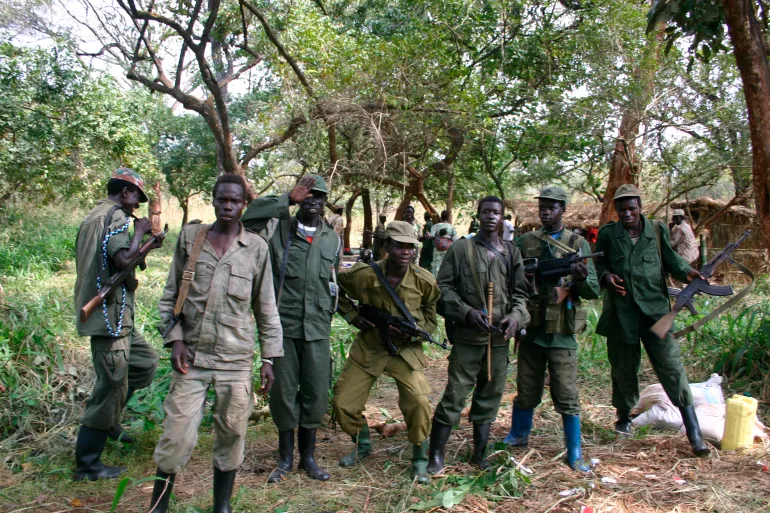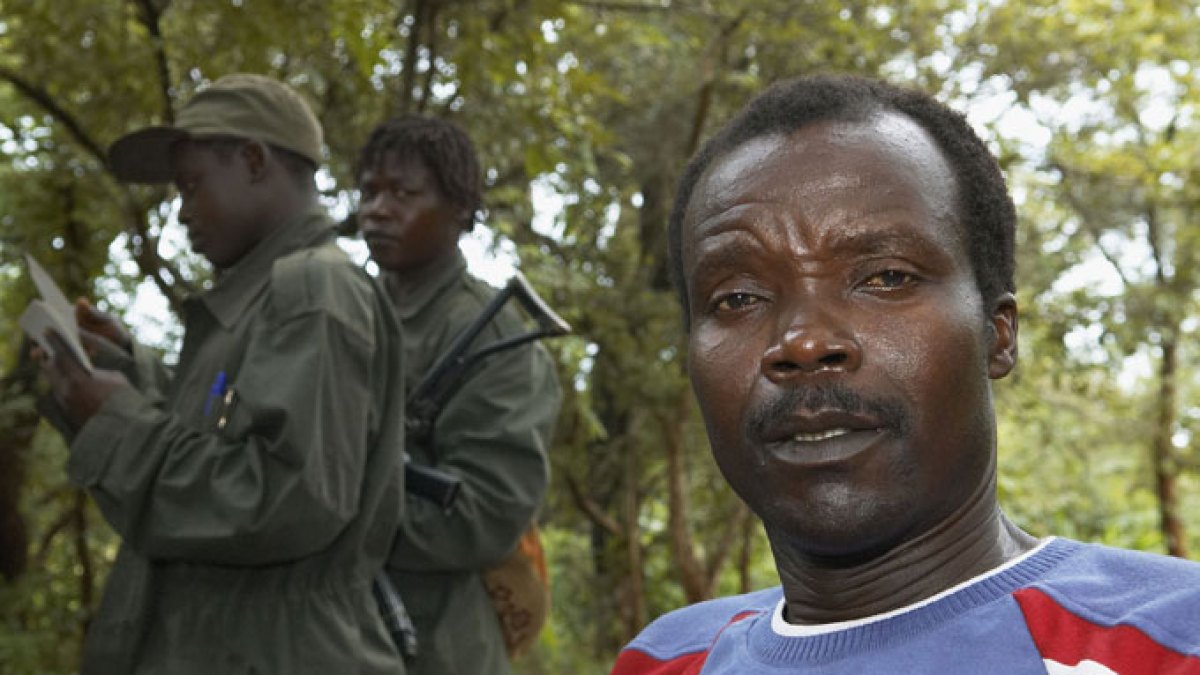ICC confirms war crimes charges against Uganda’s rebel leader Joseph Kony | ICC News
The International Criminal Court confirmed 39 charges against Kony, paving the way for a trial if he is ever captured.
Published On 7 Nov 2025
Judges at the International Criminal Court (ICC) have confirmed war crimes and crimes against humanity charges against Ugandan rebel leader Joseph Kony, nearly two decades after the court first issued a warrant for his arrest.
Kony, who remains at large, faces 39 charges, including murder, sexual enslavement and rape, making him the ICC’s longest-standing fugitive.
Recommended Stories
list of 4 itemsend of list
Judges from the ICC’s Pre-Trial Chamber III said there are “substantial grounds to believe that Mr Kony is criminally responsible for the crimes” committed in northern Uganda between 2002 and 2005, when he commanded the Lord’s Resistance Army (LRA).
Besides crimes committed by his rebels, the judges said Kony could also be held responsible for 10 crimes he allegedly committed himself, linked to two women he forced to become his wives.
“Mr Kony issued standing orders to attack civilian settlements, kill and mistreat civilians, loot and destroy their property and abduct children and women to be integrated into the LRA,” the judges said in their ruling.
The ruling marks the first time the ICC has confirmed charges in a suspect’s absence, meaning the case can formally proceed to trial if Kony is ever captured. Under ICC rules, a full trial cannot begin without the defendant’s presence in court.
Prosecutors said efforts to track down and arrest Kony, now 64, are ongoing.

The ICC’s decision followed a three-day hearing in September in which prosecutors and victims’ lawyers presented evidence and testimony without Kony present – an unusual procedure that set the stage for Thursday’s ruling.
Years of investigations and witness accounts formed the basis of the decision.
Emerging from northern Uganda’s Acholi region in the late 1980s, Kony’s LRA combined Christian mysticism with an armed rebellion against President Yoweri Museveni’s government.
The United Nations estimates about 100,000 people were killed and 2.5 million displaced during the conflict.
Even after being pushed out of Uganda, LRA fighters launched deadly raids across South Sudan, the Democratic Republic of the Congo and the Central African Republic, burning villages, looting communities and abducting tens of thousands of children – the abducted boys forced to fight and girls forced into sexual slavery.
Kony came back into international focus in 2012 when a viral video about his crimes led to the #Kony2012 campaign on social media.
Despite the global attention and years of military operations to apprehend Kony, he remains at large.

